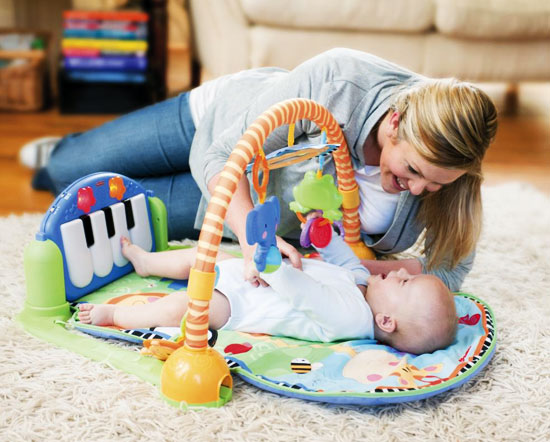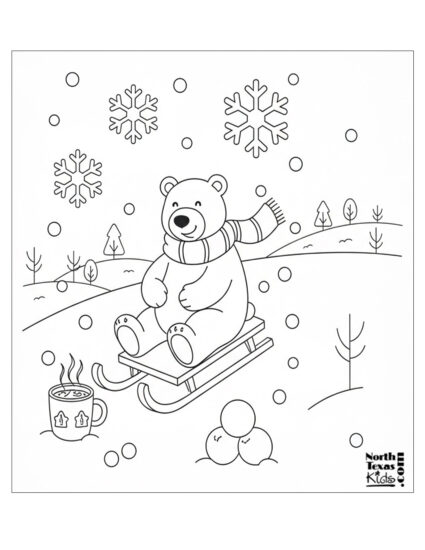Tips to Help Your Baby Sleep Better
Instilling Good Sleep Habits in Your Baby
by Visa Shanmugam
If you are a first time parent, congratulations! You have brought this tiny little human being home and it is your sole responsibility to care, feed and teach everything you know to him/her. It can be extremely overwhelming and despite all the child birth classes that you have taken and books you have read, it still doesn’t fully prepare you for the task ahead. No matter how much you prep, you learn by doing when it comes to taking care of a little one. But, a little bit of education and knowledge goes a long way in calming fears and building confidence.
Facts about Infant Sleep
- It is a well known fact that infants (0-3 months) need a lot of sleep. In fact, they sleep 16-18 hours in a 24 hour cycle, however the longest stretch they sleep is 2-3 hours. It doesn’t mirror an adult’s sleep habits, hence the reason that parents of newborns are so sleep deprived and tired.


















